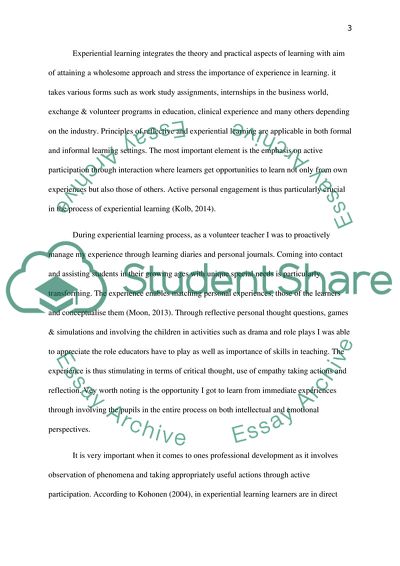Cite this document
(“Reflective Account Essay Example | Topics and Well Written Essays - 2500 words”, n.d.)
Reflective Account Essay Example | Topics and Well Written Essays - 2500 words. Retrieved from https://studentshare.org/education/1689438-reflective-account
Reflective Account Essay Example | Topics and Well Written Essays - 2500 words. Retrieved from https://studentshare.org/education/1689438-reflective-account
(Reflective Account Essay Example | Topics and Well Written Essays - 2500 Words)
Reflective Account Essay Example | Topics and Well Written Essays - 2500 Words. https://studentshare.org/education/1689438-reflective-account.
Reflective Account Essay Example | Topics and Well Written Essays - 2500 Words. https://studentshare.org/education/1689438-reflective-account.
“Reflective Account Essay Example | Topics and Well Written Essays - 2500 Words”, n.d. https://studentshare.org/education/1689438-reflective-account.


